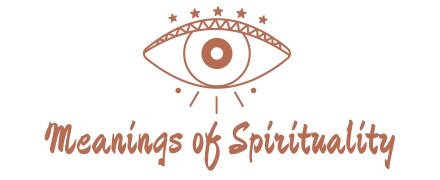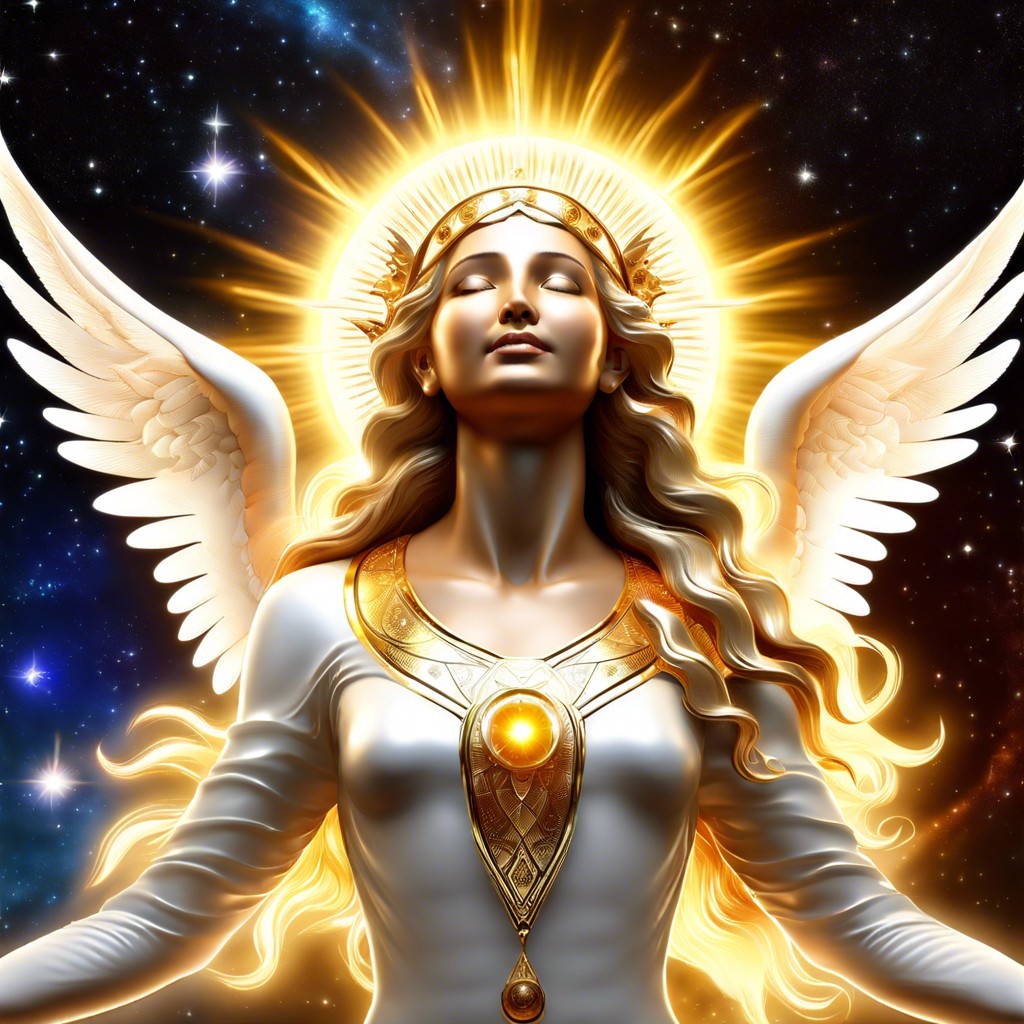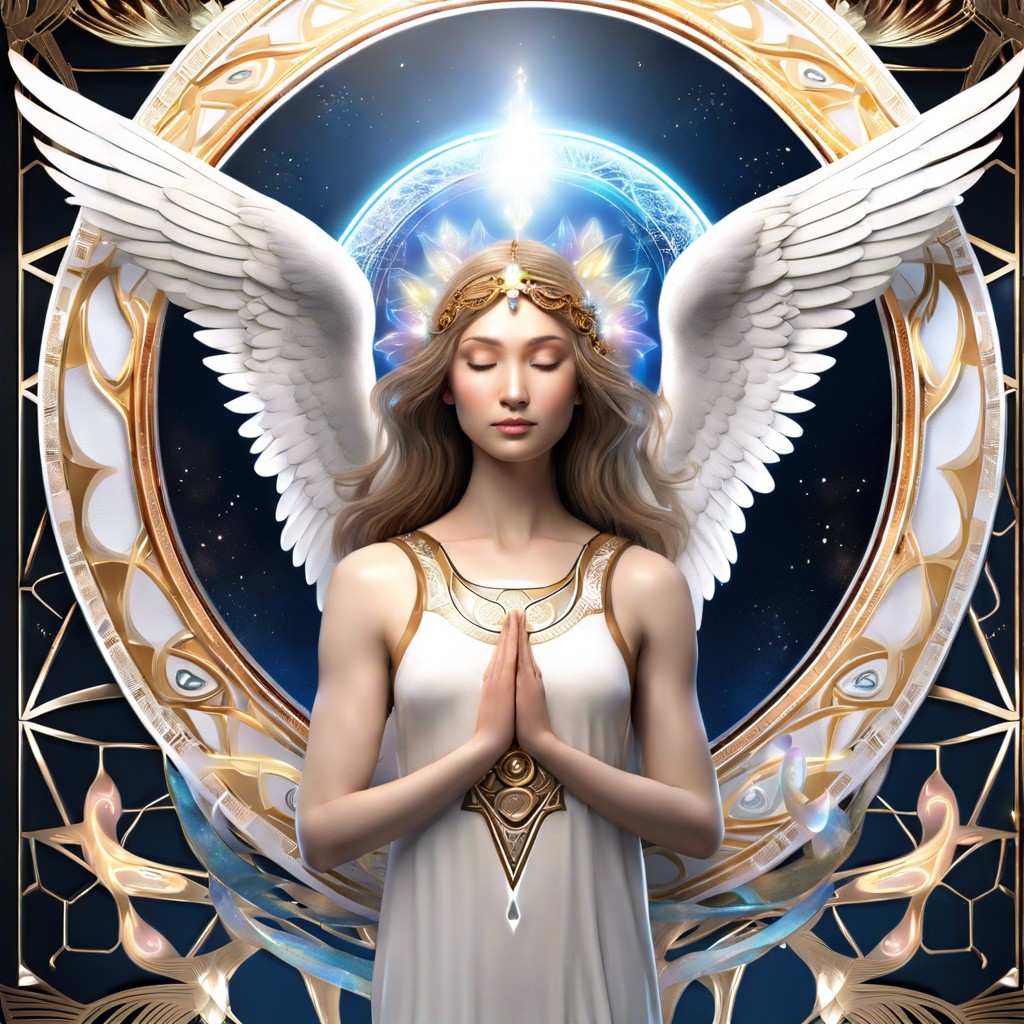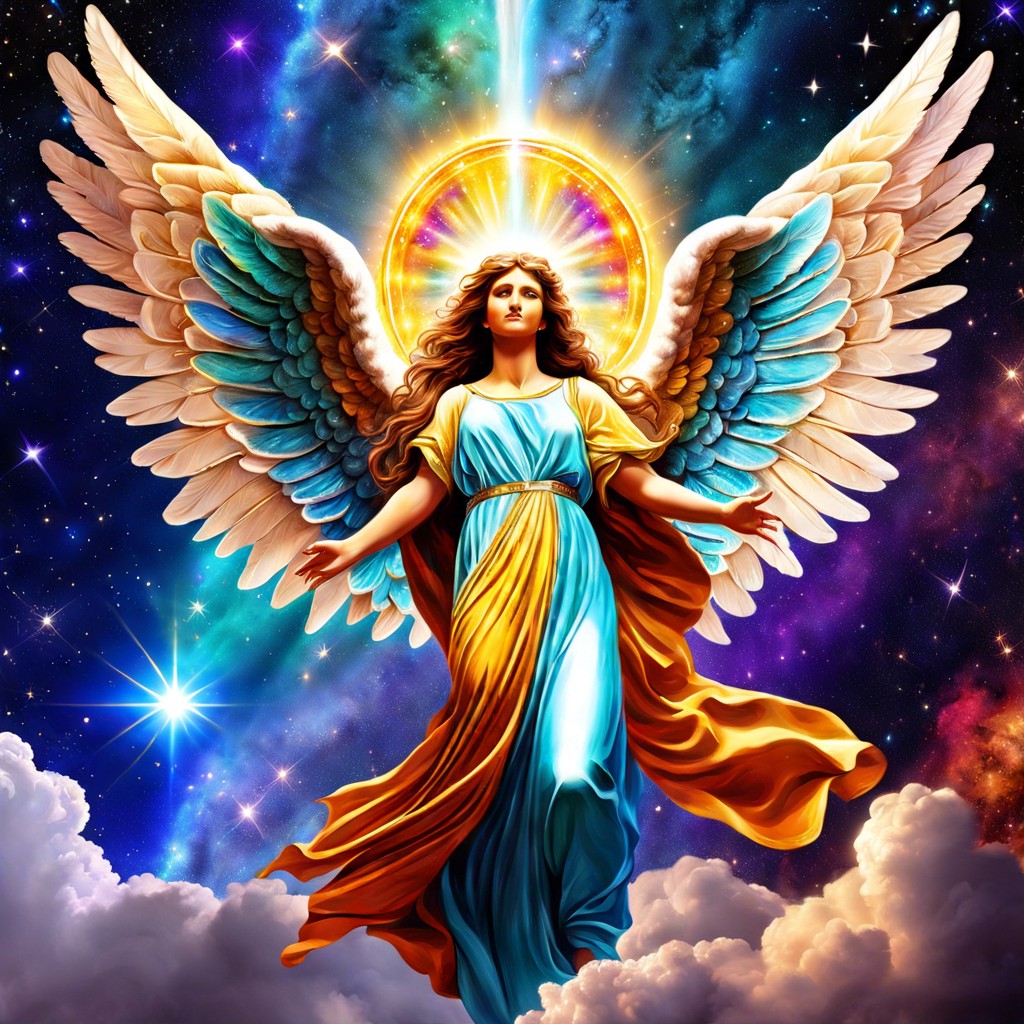Discover the spiritual significance of the number 7 and what it symbolizes in various aspects of life.
The number 7 carries profound significance across various cultures and beliefs. From symbolizing spiritual perfection in Christianity to embodying divine unity in Islam, its meanings weave through the fabric of human spirituality. Whether you’re curious about its association with chakras in Hinduism, its link to introspection in numerology, or its role in myths and scriptures, this article delves into the rich tapestry of symbolism surrounding the mystical number 7. Let’s explore the depths of what makes this number so universally revered.
Key takeaways:
- 7 symbolizes spiritual perfection in Christianity and divine unity in Islam.
- In Hinduism, 7 signifies chakras and higher worlds.
- Numerology links 7 to introspection, intuition, and seeking truth.
- Mythologies see 7 as a symbol of completeness and magic.
- Biblical interpretations view 7 as divine perfection and completeness.
Symbolism in Various Religions
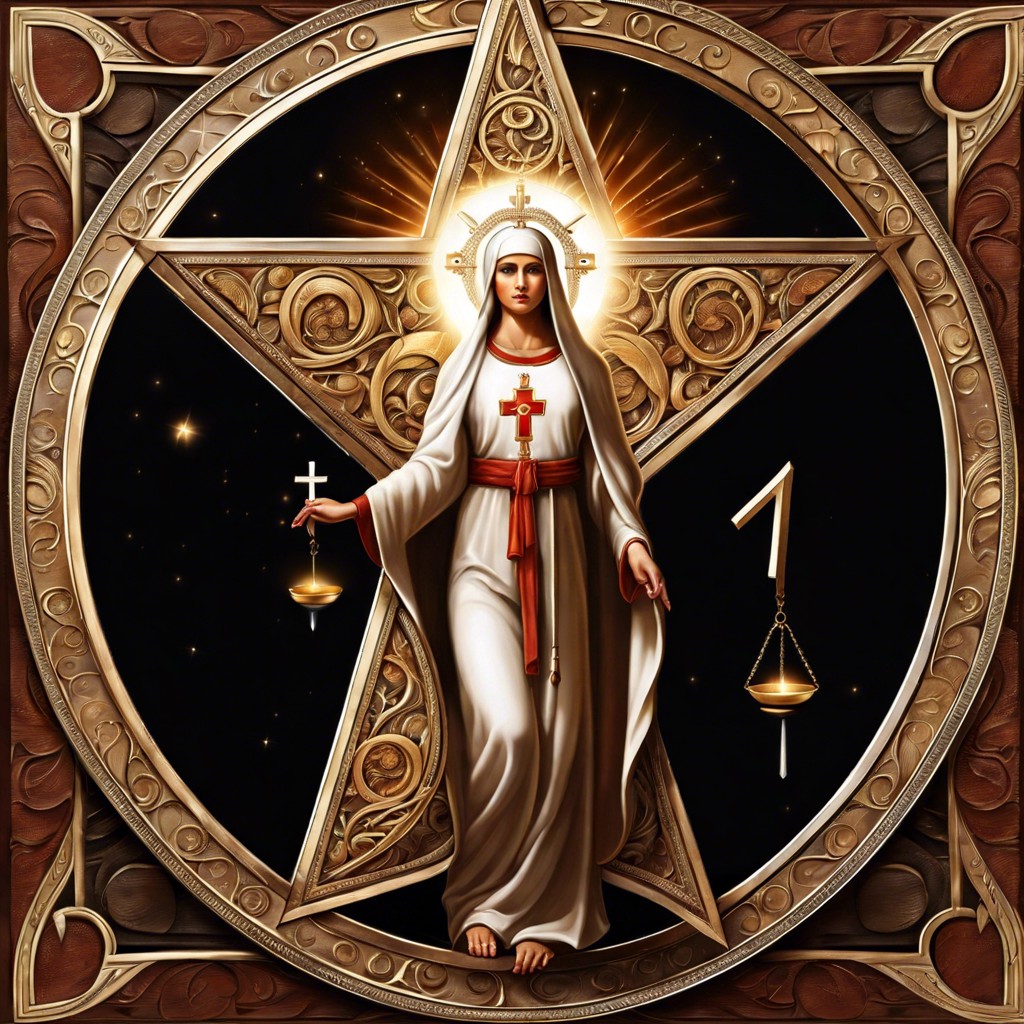
In many religions, the number 7 holds profound significance.
In Christianity, it’s seen as the number of spiritual perfection. God created the world in six days and rested on the seventh, making it a holy day.
In Islam, the Kaaba in Mecca is circled seven times during the pilgrimage. This ritual, known as Tawaf, symbolizes unity with the divine.
In Hinduism, there are seven higher worlds and seven underworlds. The number also represents the seven chakras, or energy centers in the human body.
In Buddhism, after his birth, Buddha is said to have taken seven steps, each symbolizing a direction and meaning.
Jainism regards seven tatvas, or fundamental truths, essential in its teachings.
Numerology Significance
In numerology, the number 7 is often associated with introspection and inner wisdom. It’s considered highly spiritual and mystical. People with a life path number 7 are believed to be seekers of truth.
This number is symbolic of intuition. Those aligned with it are thought to possess strong analytical skills and a thirst for knowledge.
The energy of 7 is connected to investigation and solving mysteries. It’s linked with understanding the self and the universe at a deeper level.
In numerology charts, the presence of the number 7 often indicates a need for solitude and contemplation, reflecting a deeper connection to the spiritual and intellectual realms.
Role in Mythologies and Folklore
In many mythologies and folklore, the number 7 carries deep significance. Ancient Greeks considered it the perfect number, embodying harmony and balance. In Norse mythology, there are seven rings gifted by dwarfs, embodying power and mystery.
Japanese folklore celebrates the Seven Lucky Gods, each representing different aspects of good fortune. Celtic mythology has seven elements that interconnect to maintain balance in the universe.
These recurring themes in various cultures highlight the number 7 as a symbol of completeness, magic, and influence. Its presence in stories from around the world showcases its universal allure and profound impact.
Biblical Interpretation
In the Bible, seven is a number of completeness and divine perfection. It appears frequently, symbolizing wholeness and God’s order.
Creation took seven days, underscoring the theme of totality. Clean and unclean animals were saved in sevens during Noah’s Ark narrative, illustrating balance and preservation.
The Sabbath, observed on the seventh day, marks rest and spiritual reflection, indicating a divine cycle. Revelation abounds with sevens: seven churches, seven seals, seven trumpets, symbolizing God’s comprehensive plan.
These examples highlight seven as integral to understanding biblical events and meanings. It signifies spiritual fullness, divine intervention, and perfect order.
Cultural Impact and Traditions
In many cultures, the number 7 holds a special place. Consider its prominence in the seven wonders of the ancient world, highlighting human achievements and marvels.
In Japan, the Seven Lucky Gods are revered, each one embodying different aspects of good fortune.
In Western cultures, breaking a mirror is said to bring seven years of bad luck, showing how 7 can also carry a cautionary note.
Across various traditions, we see the week divided into seven days, reflecting a balance between work and rest. This structure creates a rhythm that influences our daily lives and societal norms.
Even in storytelling, the number 7 frequently appears. From the seven dwarfs in fairy tales to seven seas in nautical myths, it sparks imagination and adds depth to narratives.
These cultural uses highlight the number’s versatility and deep-rooted significance in human history.
